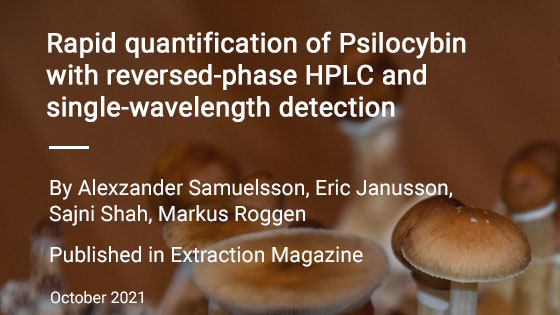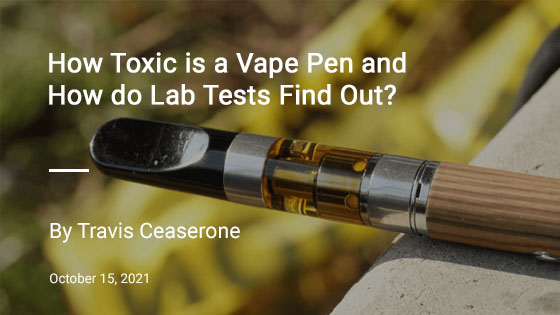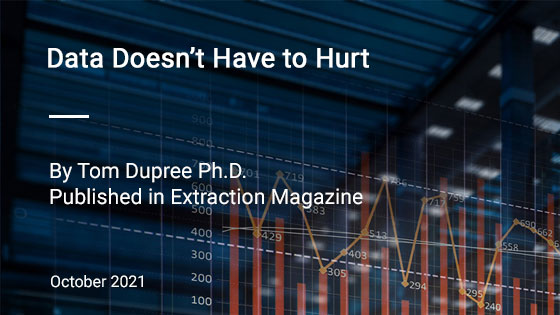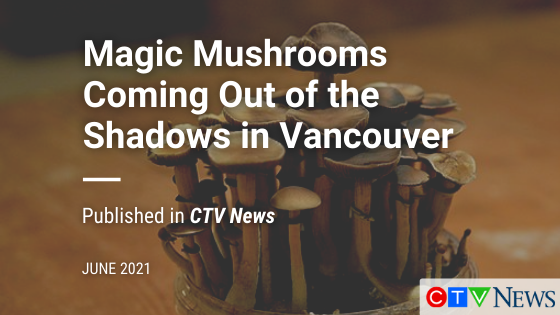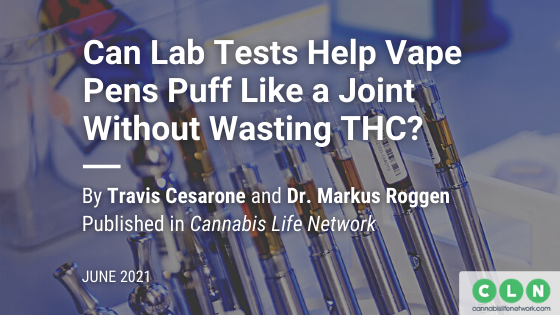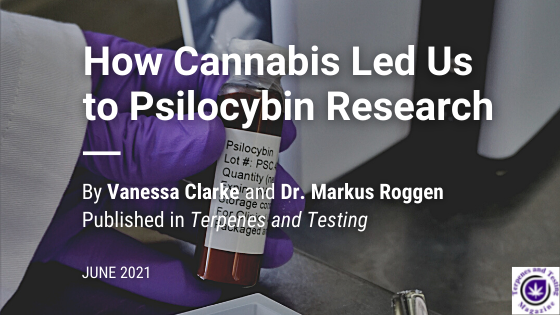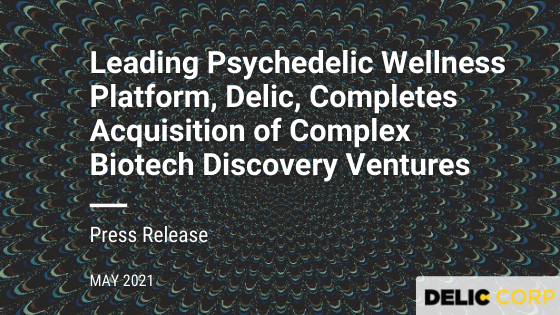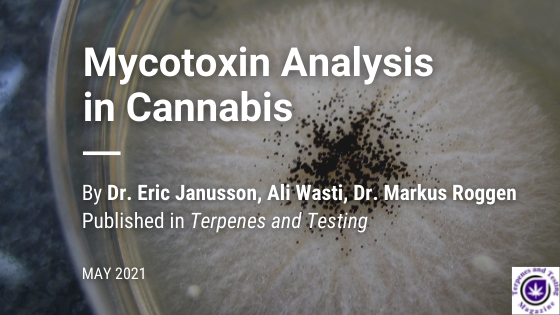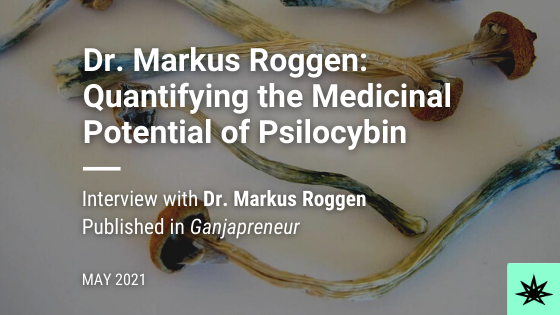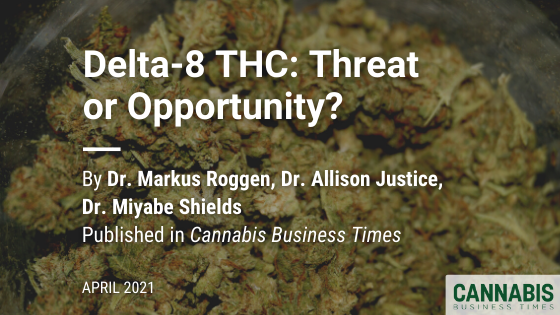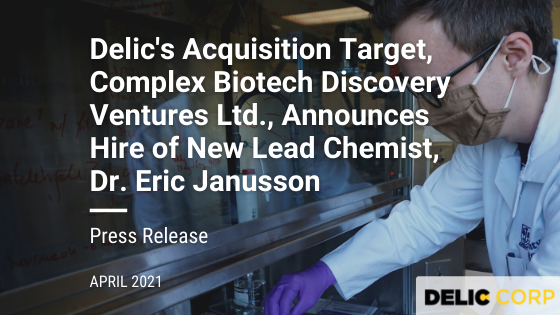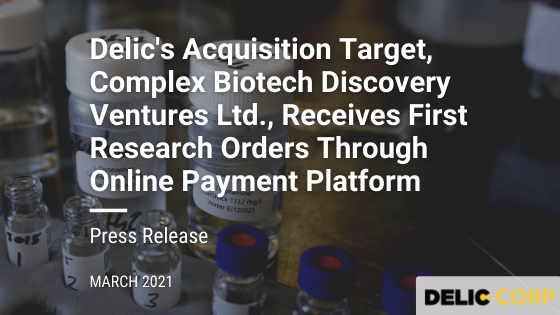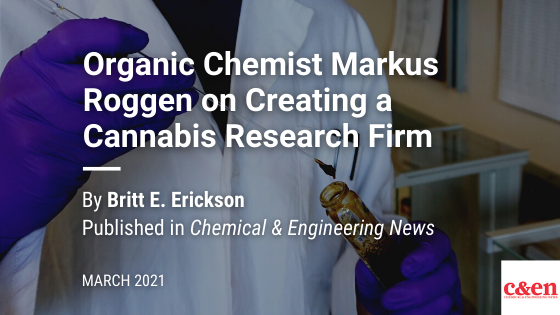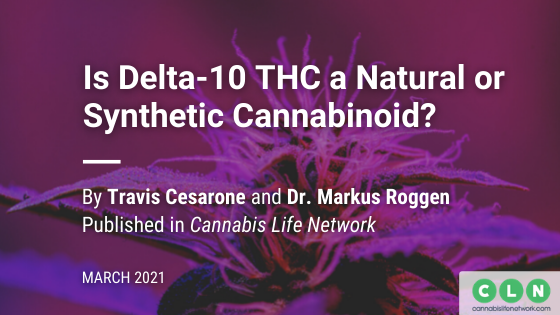Articles
Psilocybin and the active (makes you trip) molecule psilocin are rarely studied in analytical labs. As a result, there were no validated methods to determine the purity of these samples- until we made one.
Vape injuries occurred in 2019 because of THC adulterated with tocopherols (a vitamin derivative.) To prevent some issues before market, a lab can test cannabis oil for certain contaminants to determine how toxic a vape pen is. But how does a lab quantify a stream of aerosolized vapor or smoke?
Increasingly, data is seen as the holy grail of a modern business. Data evangelism has swept the media. Dr. Tom Dupree explains why this is a problematic way of thinking. “Useful data can be turned into insight; useless data is an opportunity loss.”
Sometimes, cannabis is a gateway drug—and in the case of chemical research, that might not be a bad thing. Our research with cannabis served as a training ground to get us ready to work with psilocybin mushrooms.
The poisonous chemical components of molds found in crops like cannabis, wheat, rice, and corn are called mycotoxins. Mycotoxins are a huge problem in cannabis, but they are difficult to detect. Here we explain some of the analytical challenges of mycotoxin detection in cannabis and what is required moving forward.
In this written Q&A, Dr. Roggen discusses the importance of understanding psilocybin’s chemistry, getting licensed to research psilocybin by Health Canada, and the similarities and differences of cannabis vs. psilocybin research. The interview also covers psilocybin’s growing prevalence and popularity, the unknowns that researchers hope to understand, and more!
The 2018 Farm bill legalized any cannabis and related products with less than 0.3% delta 9 THC, leaving a loophole for products with the intoxicating delta 8 THC, which is both naturally occurring and can be made from CBD. This has left those in the market wondering if delta 8 products will be a threat to those in the delta 9 market, or if it will be another opportunity.
In the beginning, a German Chemist wanted to start his own company. Dr. Markus roggen explains the genesis of DELIC Labs (formerly cbdv)
Unadulterated cannabis concentrates can contain unknown substances depending on how they were produced. One compound that recently appeared is known as Delta-10-THC, an almost entirely unexplored form of THC. The cannabinoid has only been discovered after cannabis was highly processed, although it is touted as plant-derived by some companies. So, is delta-10-THC natural or synthetic?


